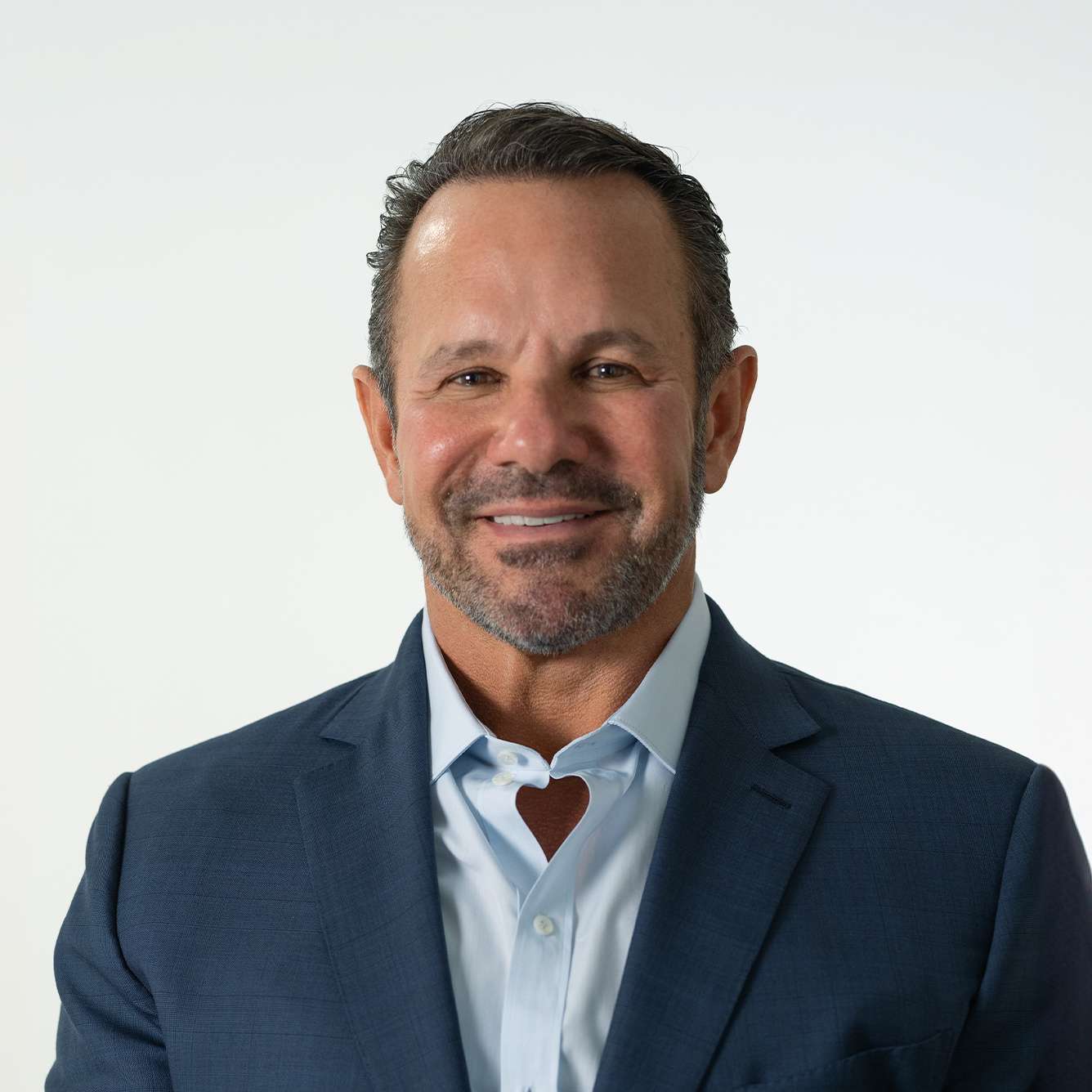
CPA: Liberty Steel Closures Highlight Urgent Need to Address Mexico’s Violations and Steel Import Surge
Earlier this month, Liberty Steel announced its decision to idle its wire plant in Peoria, Illinois after idling the steel mill rod mill operations there in October. Liberty Steel also suspended rod mill operations at its Georgetown, South Carolina facility earlier this year.







